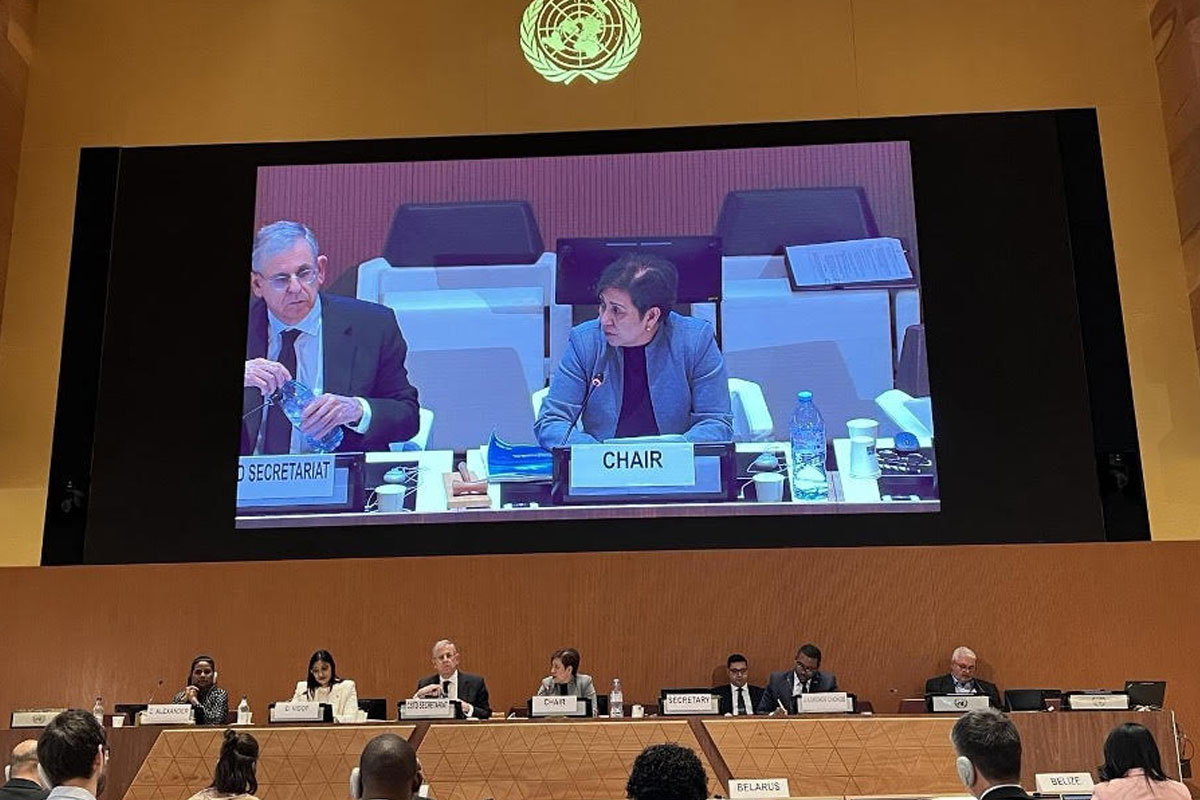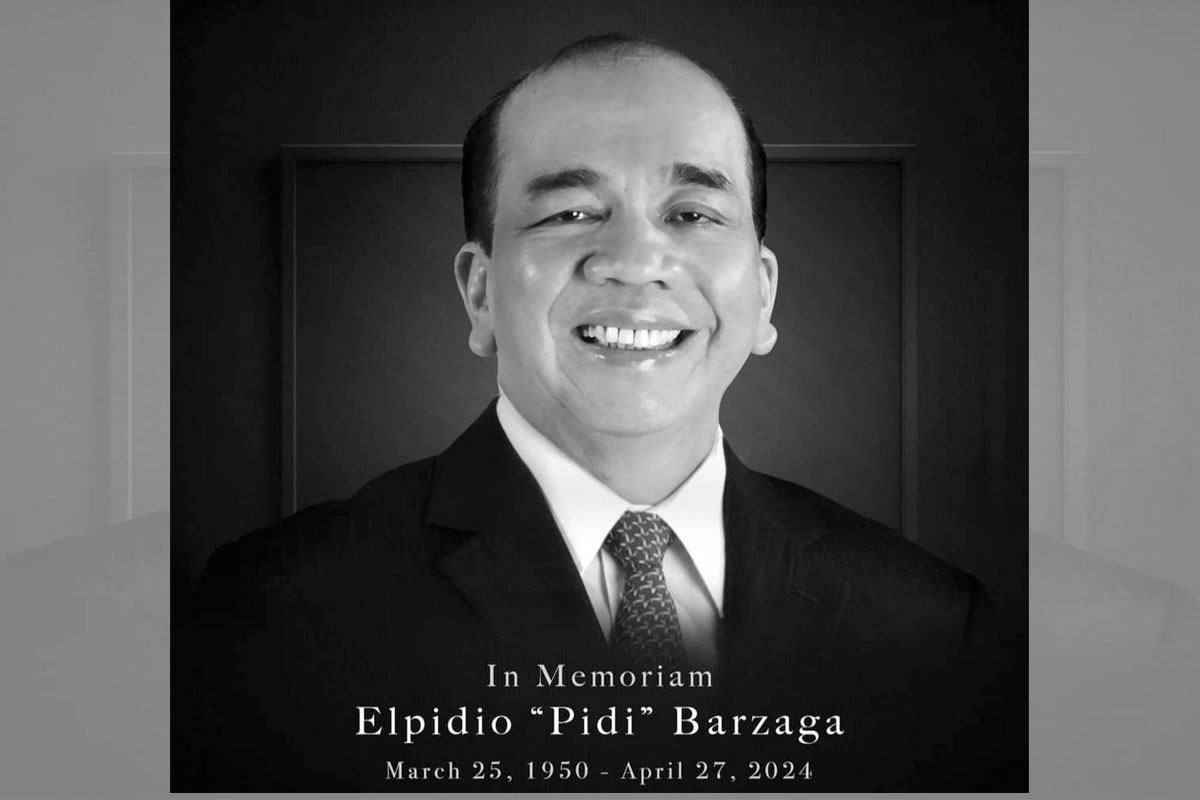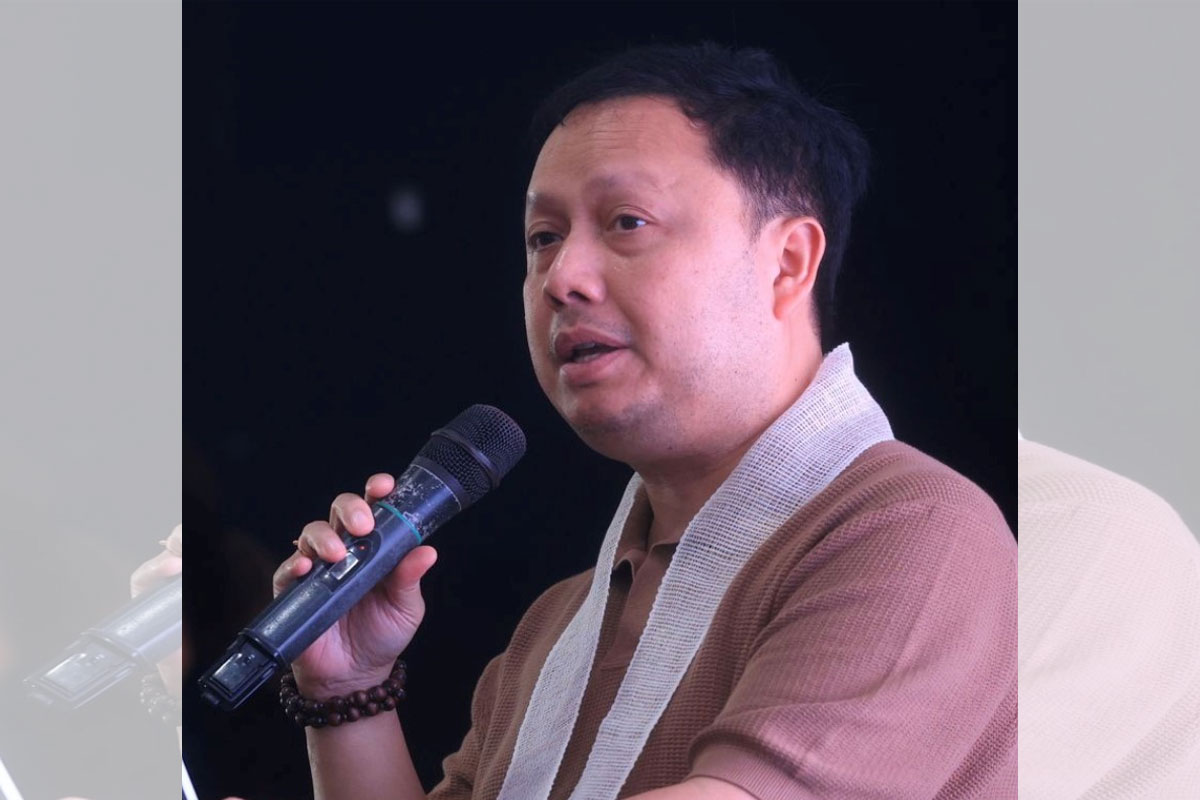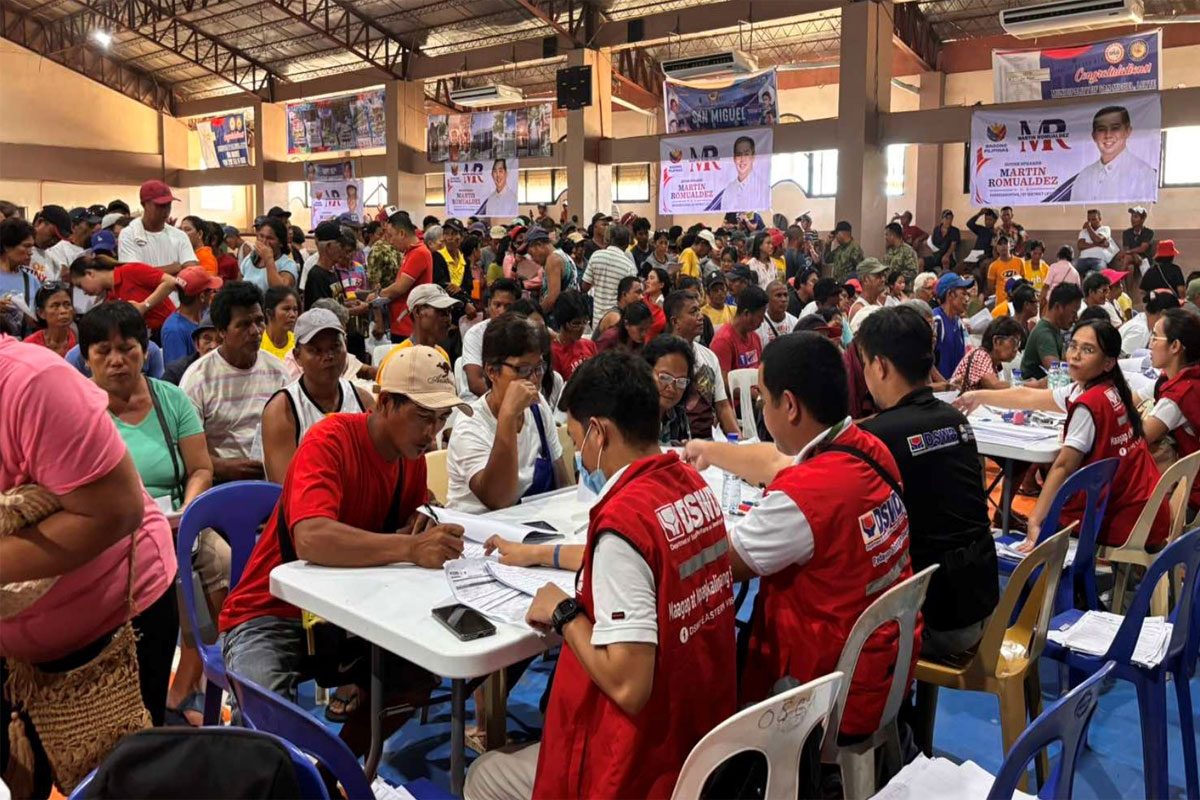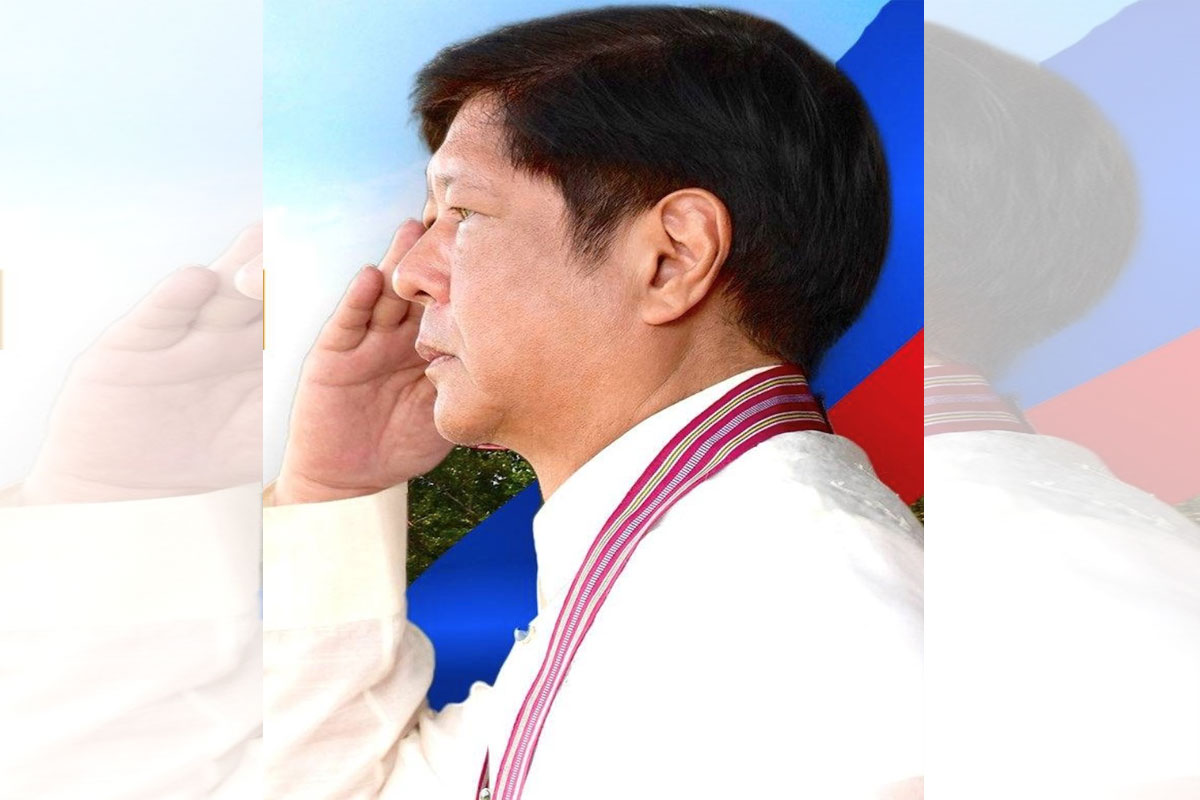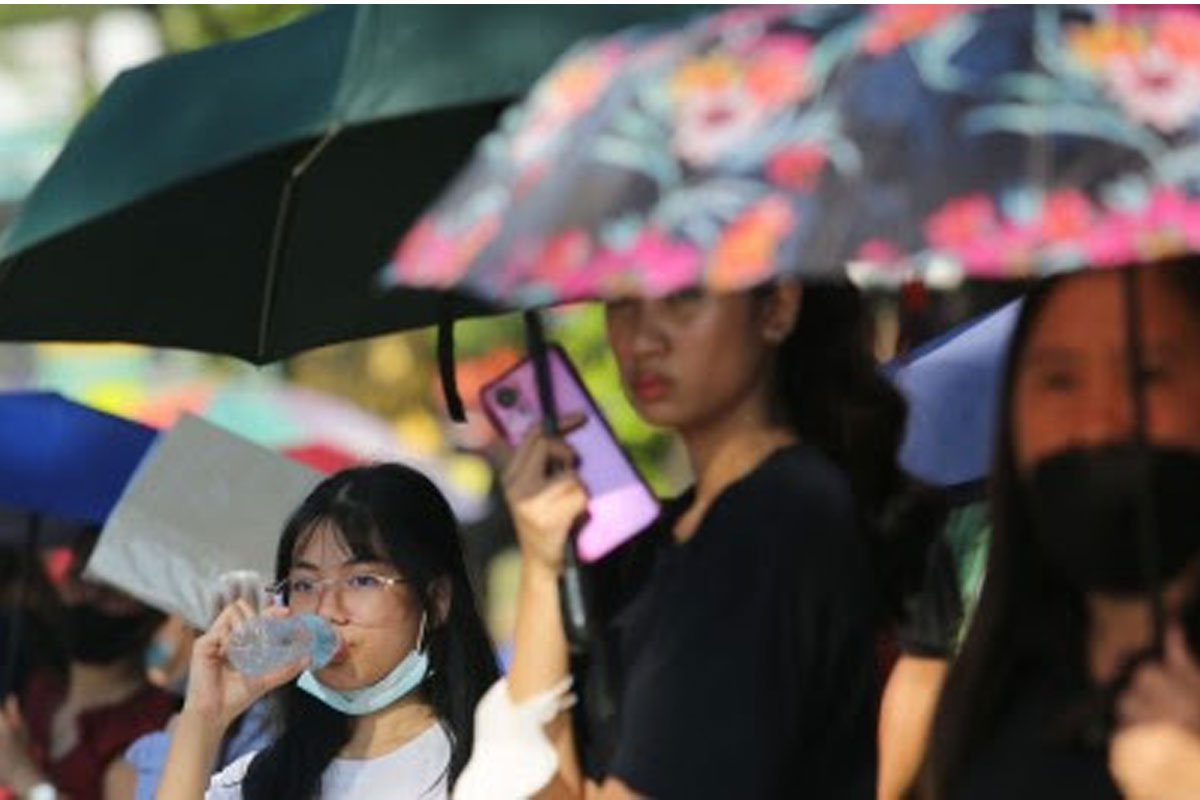
Gov’t to launch nationwide IEC on MIF—Villafuerte
WITH the recent enactment of Republic Act (RA) 11954 establishing the Maharlika Investment Fund (MIF), Camarines Sur Rep. LRay Villafuerte on Thursday said he expects that the economic and communications teams of President Ferdinand “Bongbong” Romualdez Marcos Jr. will jointly mount a nationwide information, education and communication (IEC) campaign to inform the public that this new law would let his Administration spend much bigger on infrastructure and other priority programs via equity, rather than debt, financing.
“Now that our first-ever sovereign investment fund is in place with RA 11954, an IEC by the President’s economic managers along with his legacy media and socmed (social media) teams should be the next order of business so the MIF can win broad and deep support from the public that needs to know it will be an alternative revenue stream to let the Marcos government spend much, much bigger on infrastructure and other priority programs—without resorting to additional borrowings,” Villafuerte said.
One of the principal authors of RA 11954, Villafuerte said “the President’s economic team led by Finance Secretary Benjamin Diokno should work in tandem with the Presidential Communications Office (PCO) and other traditional media and socmed agencies of the government to bump up public awareness—and hopefully appreciation—of this new law.
This is urgent as the results of public opinion polls showing that although there has been significant support from Filipinos familiar with the MIF, a majority of our people are actually clueless about this Fund, much less know that it will greatly benefit our people,” said Villafuerte, president of the National Unity Party (NUP).
“As our economic managers go on an anticipated global road tour to pitch MIF to overseas investors, a nationwide IEC is in order so that an overwhelming majority of our people will not remain clueless that this wealth fund will allow President Marcos to fund more and bigger priority initiatives for the rest of his presidency—without unduly raising public debt—and keep on track his goal of transforming the Philippines into an upper middle income economy by 2025,” Villafuerte said.
Latest Bureau of the Treasury (BTr) data showed that our outstanding debt stood as of end-May at P14.096 trillion, or P185 billion higher than the month-ago debt stock of P13.911 trillion and P1.601 trillion higher than the May 2022 level of P12.495-trillion.
The same data showed that P9.588 trillion or 68% of the country’s outstanding debt was domestic and P4.508 trillion or 32% was external or foreign debt.
Villafuerte pointed to the mobile-based nationwide survey by market research and opinion pollster Tangere last December showing that of the respondents who were aware then of the MIF, 54% of them supported its passage into law.
This Tangere survey bared that of the 83.75% of Filipinos who were aware of the MIF that time, more than half of them supported its passage into law.
Of the 2,400 people polled across the country, Tangere said 2,010 knew about the MIF, and that 54.08% of them supported this proposal, 65.47% believed its creation was timely, 57.86% said it could help fuel crucial Administration projects, and 56.67% believed it would help grow our economy.
Asked how they think the MIF will benefit Filipinos, 51% of the respondents said they expect little or no benefit from it, 37% see “little” benefit, and 14% believe they will have “almost no benefit at all,” according to this SWS survey.
Awareness of the MIF was at 29% in Metro Manila, and a lower 24% in Balance Luzon, 14% in the Visayas and 10% in Mindanao.
During last Tuesday’s RA 11954-signing ceremony, the President said: “The MIF is a bold step towards our country’s meaningful economic transformation. Through the fund, we will accelerate the implementation of the 194 National Economic and Development Authority Board (NEDA)-approved flagship infrastructure projects.”
Moreover, the President noted that the Fund has the potential to funnel in external financing, reducing the government’s burden to finance infrastructure through borrowings and taxes.
“The establishment of a sovereign wealth fund will widen the government’s fiscal space and ease pressure in financing public infrastructure projects,” he said.
Villafuerte said the 194 NEDA-approved flagship projects mentioned by President Marcos require a total funding of a NEDA-estimated $148 billion or P8 trillion.
These projects, he said, are those on physical and digital connectivity, irrigation and water supply, flood management, health, energy, agriculture, climate change mitigation and other major infrastructure.
However, an upper middle income status will impact on our country’s fiscal position as this status will stop our country from still accessing concessional loans, like Official Development Assistance (ODA) that have relatively lower interest rates and longer repayment periods, which are available only to poor and low-income countries.
Villafuerte noted that even Indonesia and Vietnam, for example, which have no current account surplus, have their own wealth funds to support their investments in priority development programs.
As reported by Malacañan Palace, he said that in courtesy call on the President at the Palace, JBIC chairman Tadashi Maeda said this Japanese institution was interested in addressing the role of liquified natural gas (LNG) as a traditional source of power and the country’s need for other energy sources such as hydropower, solar, and wind.
He said the MIF is sure to fit up the Philippines with a new growth stimulant at this time when the country has won an investment or credit rating upgrade even as the world economy appears heading for a hard landing in the face of a likely pronounced global economic slowdown.
“The establishment of the MIF is timely at this time when the Philippines has secured a higher investment-grade status even as the world economy is going through a rough patch that experts fear could slash global output to near recessionary levels,” Villafuerte said.
In becoming a new funding source for high-impact, economically-viable programs and projects, he said the MIF would help the NG prevail over two drawbacks that threaten to handicap the Marcos administration’s growth and development agenda—(1) our government’s presently limited fiscal space as a consequence of the immense public spending on Covid-19 response that the preceding Administration have had to resort to; and (2) the economic downturn sweeping across the globe.


